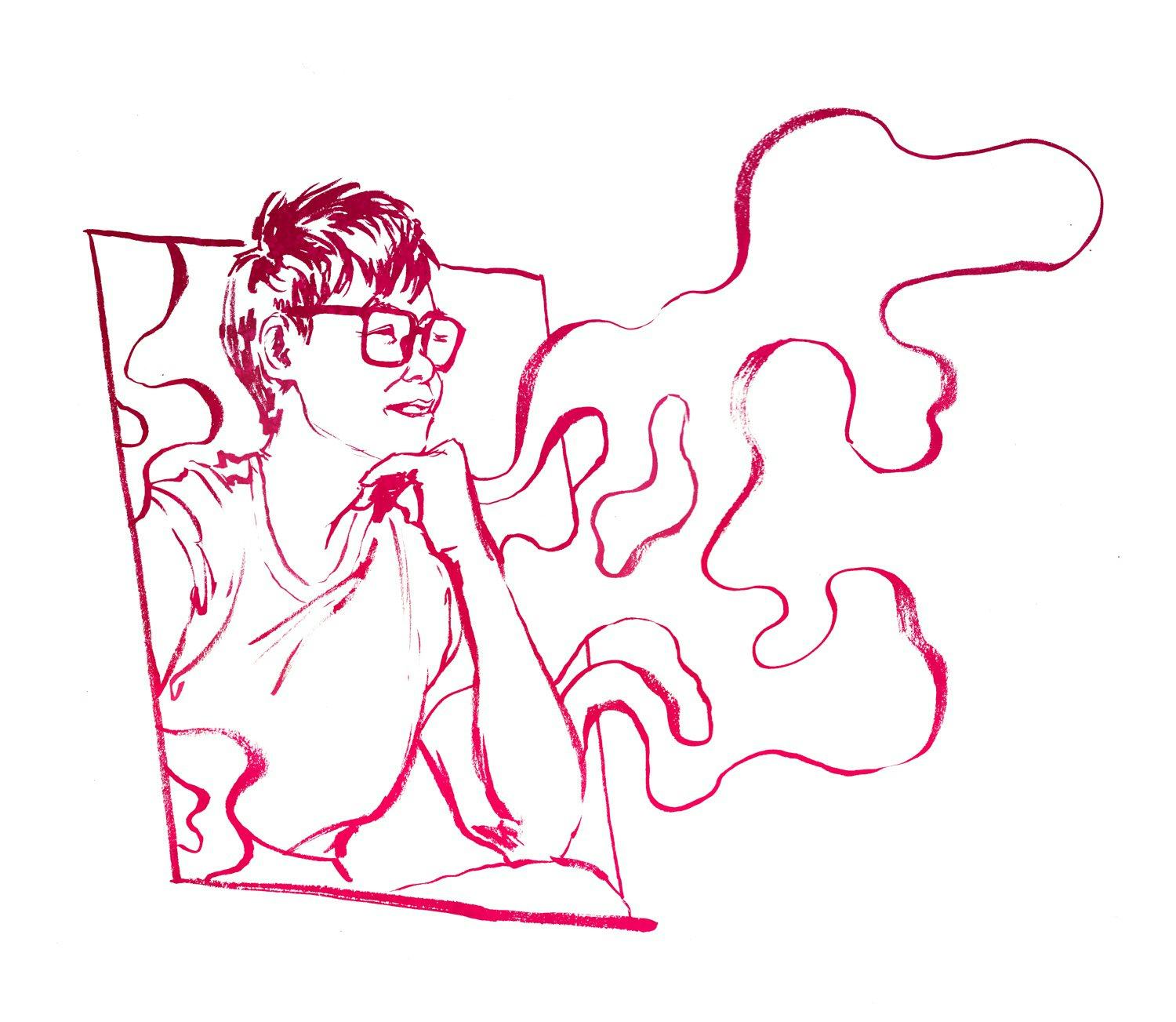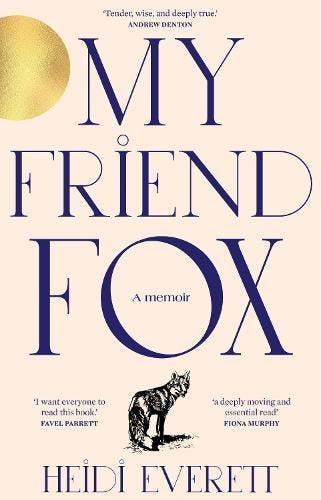Genre Bending
Tiffany Tsao • 24 June 2022
This week’s newsletter defies categorisation. Or, more specifically, it features writing about defying categorisation. Timmah Ball sets the stage with an essay on non-fiction that 'doesn’t seem to belong anywhere' and the critical role of small presses and journals in providing space for experimental work. Jessica Wilkinson and Ali Alizadeh’s Realpoetik Manifesto is a call to arms against narrow perceptions of poetry as nonfactual, unrealistic and irrelevant.
Writer and former Peril editor-in-chief Lian Low speaks about her desire to challenge false distinctions between 'literary' and 'genre', and the 'unreal' and 'real'. Izzy Roberts-Orr reviews the 'difficult to categorise' memoir My Friend Fox by Heidi Everett. And because this issue is about pushing the envelope, we’ve included an item that straddles the border between fiction and non-fiction: a piece of bleakly humorous autofiction by Adalya Nash Hussein about working at a dating agency.
Where Nonfiction Belongs
Timmah Ball, Liminal Review of Books, April 2022
Reading nonfiction that avoids easy classification has led me to write nonfiction that is difficult to classify, because it frustratingly – and sometimes delightfully – doesn’t seem to belong anywhere. This elusive category could also be described as experimentalism, hybrid essay writing, literary narrative nonfiction, zine-making, autotheory and ficto-criticism, although the last two have been subsumed or at least collapsed into the autofiction genre, which has been experiencing a comeback in contemporary novel writing.

The Realpoetik Manifesto
Jessica L. Wilkinson & Ali Alizadeh, Cordite Poetry Review, November 2012
FOR TOO LONG has poetry been disregarded as a valid vehicle for the exploration of real world experience. Too often has poetry been filed in the 'too hard' basket and deemed 'irrelevant' and 'inaccessible'. This declaration calls for an end to the mistreatment and marginalisation of poetic language; an end to the segregation of poetry from and by the authoritative discourse of prose. We summon forth the potential of poetry to expand our conceptions and perceptions of the 'real'.
(Further reading: Ali Alizadeh interviewing Jessica L. Wilkinson on her poetic biographies of Marion Davies, Percy Grainger and George Balanchine: The objective, for me, is to make the biography come alive as an echo of character, rather than to dish up all the 'facts' for a greedy reader. There are other ways to know a character beyond the facts.)

Interview with Lian Low
Jinghua Qian, Liminal, January 2022
I recall Dorothy Tse reflecting that there’s a perception in the West that Asian writers are expected to write about identity, or about place. However, she believes that to really gain insight into another culture, readers can’t just read 'realistic stories' but also need to read stories through their form. This insight resonates deeply with me, because in terms of my current work, I don’t see a divide between literary and genre. Writing spec fic and horror connects me to a sense of who I am, my roots and psyche where the world of the real and the world of the unreal isn’t so binary.
Office Romance
Adalya Nash Hussein, Liminal, June 2019
Katrine owned Dining Table, and was charismatic but functionally incapable of working independently. Instead she relied on her employees, mainly Yana, to keep her on task.
'Katrine, you have a client coming in 5 minutes!'
'Katrine, you must call Mike Williams!'
'Katrine, put away your phone!'
'It is simple,' Yana told me on my first day. 'Katrine manages business, I manage Katrine.'

A Review of Heidi Everett's My Friend Fox
Izzy Roberts-Orr, Mascara, November 2021
My Friend Fox is unwieldy, and difficult to categorise – which fits the subject matter perfectly. Everett’s prose gallops from the page, full of allusive language and metaphor – and this brimming is intentional, is part of the experience of living through and with mental illness. The non-linear structure and movement between non-fiction and fiction, with animal voices and illustrations interspersed throughout the book create a text that is bursting forth with life, rich in metaphor and unafraid to sit with complexity.
Closing News and Announcements:
Memo Review needs funding to continue their activities as Melbourne’s only platform for weekly independent art criticism. Consider making a contribution to help them reach their fundraising target!
Let us know if you’re an arts organisation whose fundraising campaign could use a mention. These are hard times for arts funding and we’re happy to help in this very modest way. Write to us at: editor@thecircular.com.au